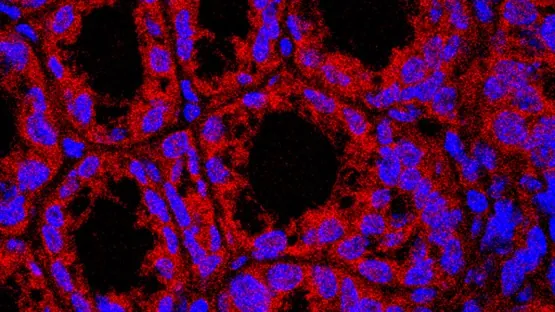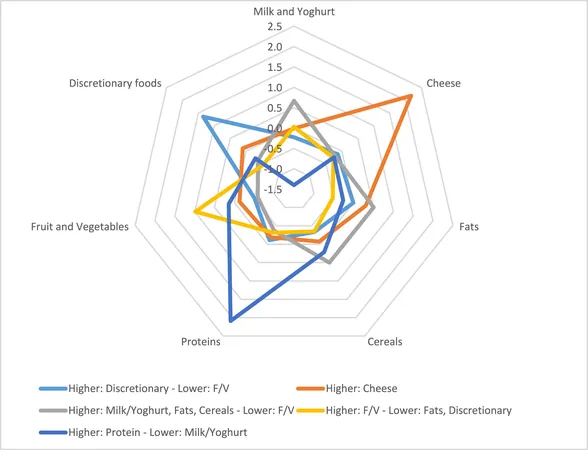
Revolutionary Gene Therapy May Transform Treatment for Short Bowel Syndrome!
2025-04-04
Author: Wei
Groundbreaking Study
In a groundbreaking study, researchers at Weill Cornell Medicine have made a stunning discovery: knocking out a single gene can reprogram part of the large intestine to function like the nutrient-absorbing small intestine. This innovative approach has shown promise in reversing malnutrition caused by short bowel syndrome, a serious condition affecting thousands of patients each year.
Understanding Short Bowel Syndrome
Short bowel syndrome can occur when the small intestine is significantly reduced due to surgery aimed at treating chronic conditions such as inflammation, cancer, trauma, or congenital issues. Since the small intestine plays a crucial role in nutrient absorption, patients often face the daunting requirement of receiving nutrition intravenously, leading to severe health challenges.
Research Findings
The study, published in the journal Gastroenterology, explored the role of the gene SATB2, which is vital in maintaining the "identity" of colon cells. When researchers deleted SATB2 from a preclinical model of short bowel syndrome, they found that cells in the upper colon began to transform into small intestine-like cells, restoring normal nutrient absorption capabilities. In this remarkable experiment, mice that lost the SATB2 gene demonstrated rapid weight recovery and exhibited an astonishing 80% survival rate after 60 days, compared to a mere 10% for the control group that retained the gene.
Potential for Gene Therapy
The research team, led by Xiaofeng Steve Huang, underscores the potential of this gene therapy to revolutionize treatment for individuals with short bowel syndrome. In a daring move towards advancing human applications, the investigators tested their approach on human-derived organoids—small, organ-like structures developed from colon cells. Using an adenovirus-associated virus (AAV) to deliver the gene-editing tools, the modified organoids successfully exhibited ileum-like properties and even thrived post-transplantation into mice.
Implications and Future Research
The implications of this work are monumental. Short bowel syndrome impacts an estimated 10,000 to 20,000 individuals in the United States alone, and currently, treatment options are extremely limited. With ongoing research, the team aims to refine their therapeutic methods and test them in more complex preclinical models. This exciting breakthrough could ultimately pave the way for effective treatments that restore intestinal function in patients who have endured life-altering surgeries.
Support and Future Outlook
With the support of prestigious organizations like the National Institute of Diabetes and Digestive and Kidney Diseases and Weill Cornell Medicine, the future looks bright for patients struggling with the challenges posed by short bowel syndrome. Stay tuned for more updates as this pioneering research unfolds!



 Brasil (PT)
Brasil (PT)
 Canada (EN)
Canada (EN)
 Chile (ES)
Chile (ES)
 Česko (CS)
Česko (CS)
 대한민국 (KO)
대한민국 (KO)
 España (ES)
España (ES)
 France (FR)
France (FR)
 Hong Kong (EN)
Hong Kong (EN)
 Italia (IT)
Italia (IT)
 日本 (JA)
日本 (JA)
 Magyarország (HU)
Magyarország (HU)
 Norge (NO)
Norge (NO)
 Polska (PL)
Polska (PL)
 Schweiz (DE)
Schweiz (DE)
 Singapore (EN)
Singapore (EN)
 Sverige (SV)
Sverige (SV)
 Suomi (FI)
Suomi (FI)
 Türkiye (TR)
Türkiye (TR)
 الإمارات العربية المتحدة (AR)
الإمارات العربية المتحدة (AR)